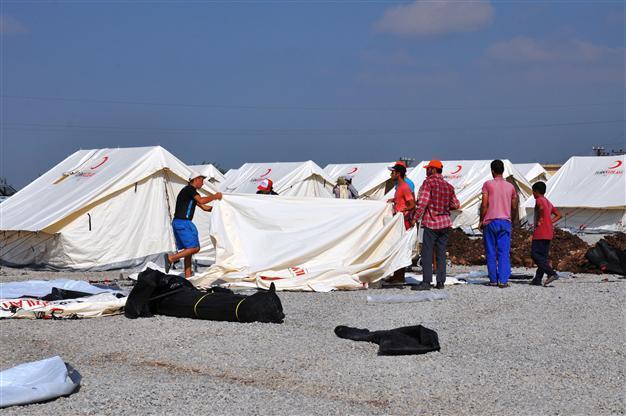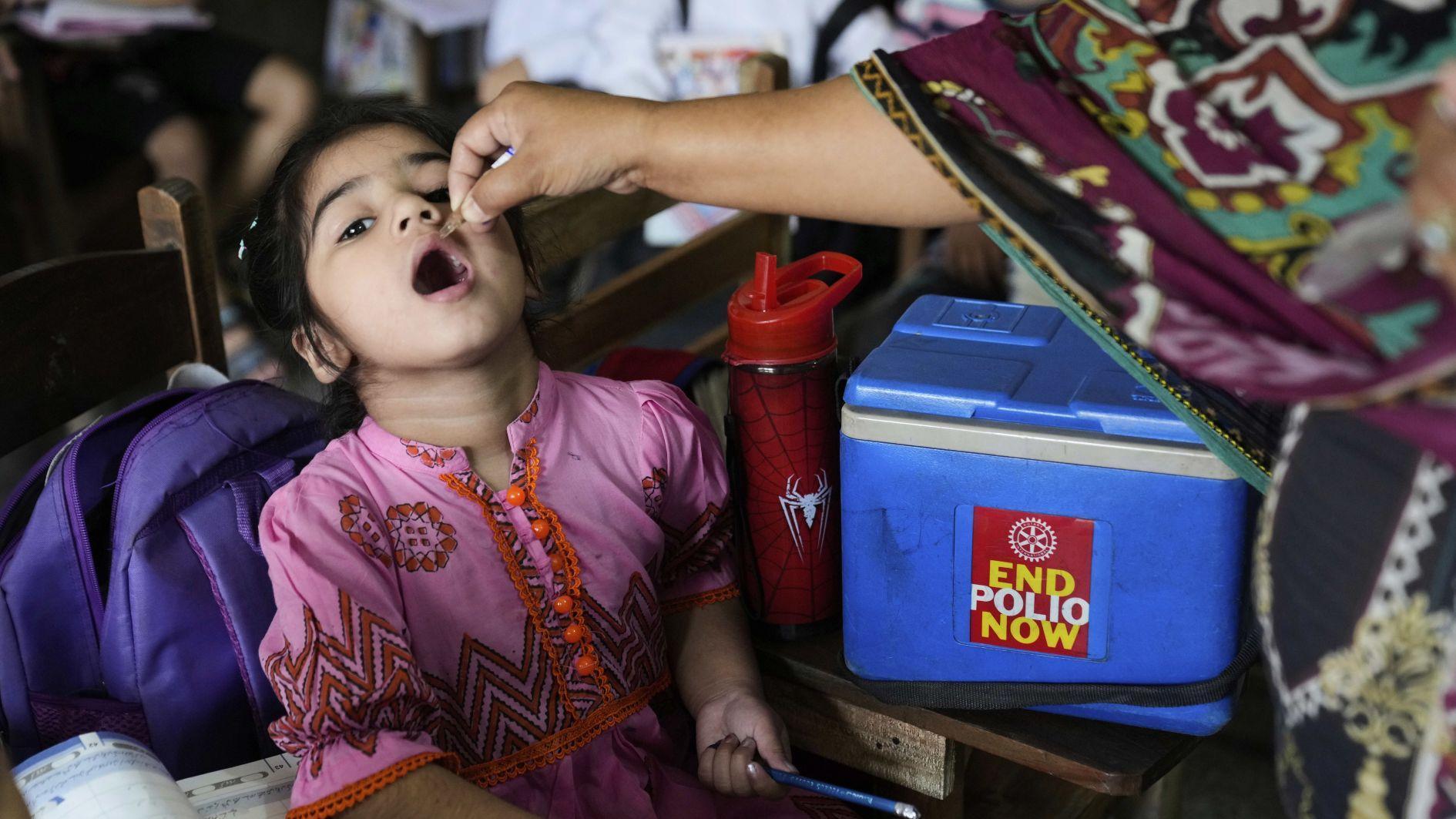Syrian refugee children at camps face trauma
ISTANBUL - Hürriyet Daily News

According to official numbers, there are more than 125,000 Syrian refugees in Turkey, while around 60,000 of them are children under the age of 18. AA photo
Syrian children living in refugee camps in Turkey face severe psychological problems, according to research made public Nov. 23.According to official records, the number of Syrian refugees arriving in Turkey has reached 125,000, while 60,000 of them are children under the age of 18.
A group from Bahçeşehir University’s Psychology Department observed the psychological conditions of 300 children in Gaziantep’s Islahiye Camp for three months and issued a report titled “Syrian Children and Families” based on their observations.
According to the report, prepared after face-to-face interviews were conducted with 300 children, the children have spent on average eight months in Turkey, coming mainly from Aleppo and Idlib.
The education level of the refugee families is generally on the level of secondary school.
Fifty-three percent of the children replied positively to the question, “Did your family face a serious problem last year?” while 31 percent left their families without their consent and 74 percent lost at least one family member.
Also, 59 percent of the children positively replied to the question “Have you ever witnessed a physical or armed attack against someone in your life?” The mental conditions of the children, on the other hand, are thought-provoking. Serap Özer from Bahçeşehir University and Dr. Selçuk Şirin from New York University, who joined the fieldwork, spoke to the Hürriyet Daily News about the research.
Researchers implemented a method used in clinical psychology during the fieldwork, asking the children to draw pictures with themes of war and peace, Özer said.
“They drew dead children, babies drenched in blood, families and war crafts. Boys are more aggressive, while girls mostly reflect the sorrow of immigration and death. In the peace pictures, on the other hand, there are non-destroyed houses and green parks,” Özer said.
“We observed severe psychological disorders; this is threatening for the children’s future,” Özer said.
Girls under more pressure.
Şirin said there are 1,110 children in Gaziantep’s Islahiye Camp and they observed 300 children within three months, adding that the majority of them were from Sunni Muslim families, while the rest were of Shiite or Catholic origins.
Özer also indicated that the refugees’ education was at a secondary school level. “Only 4 percent of them answered positively to the question of whether they had need to visit a doctor due to psychological problems since they came to Turkey,” Özer said. “When asked if their children were diagnosed to have some psychological disorder, only 2.6 percent of the childrens’ parents said yes,” Özer said, adding that these numbers are also quite thought-provoking.
“In conservative families, girls are under more pressure when compared to boys, so feelings of melancholy and loss prevail among girls,” Özer said, adding that they would share this research with the international public. “These children are the future of the Middle East. Their traumas must be immediately cured and our works will continue [in that regard],” Özer said.
















